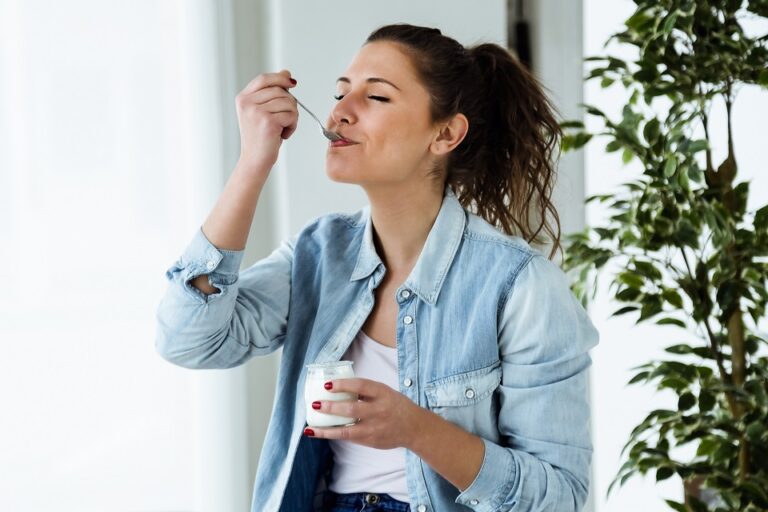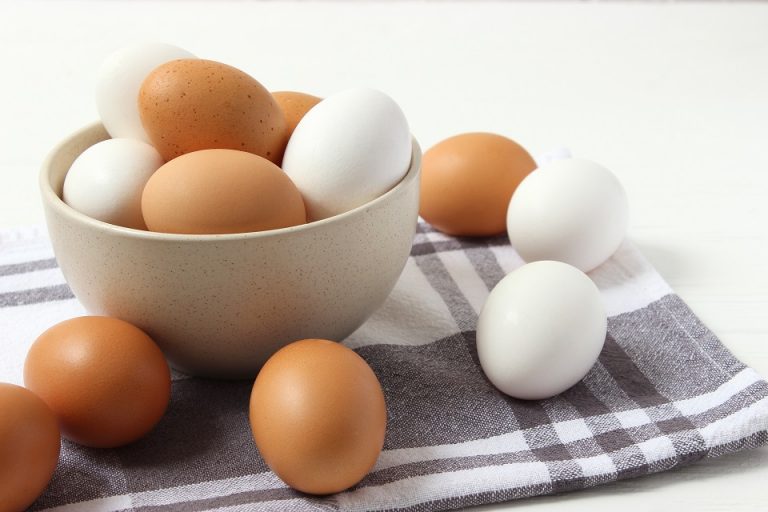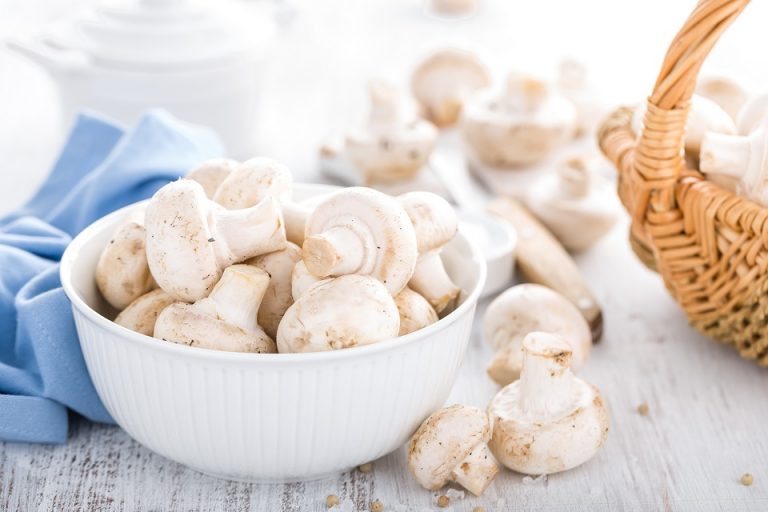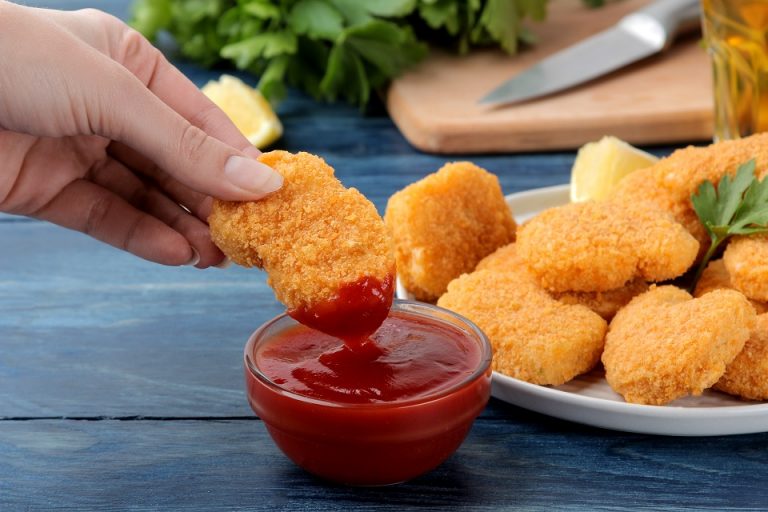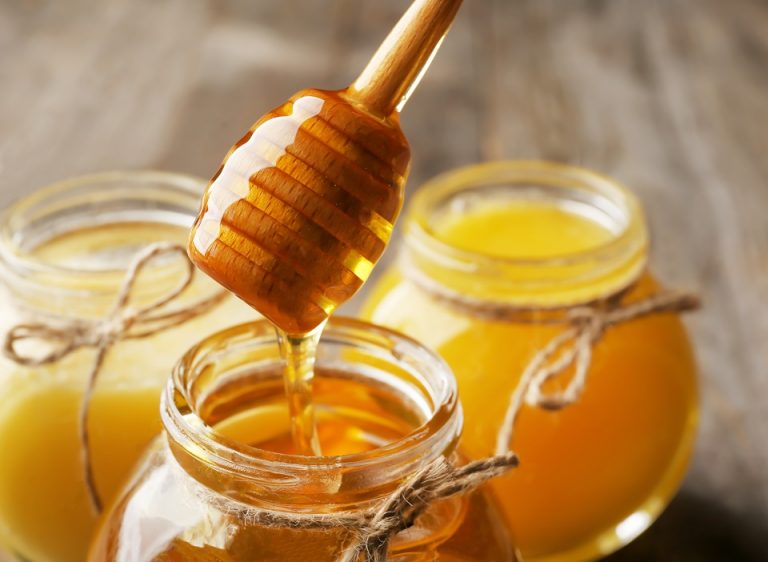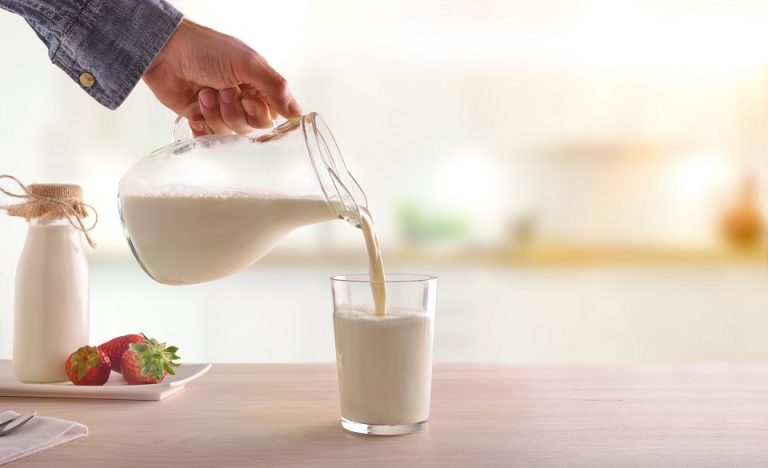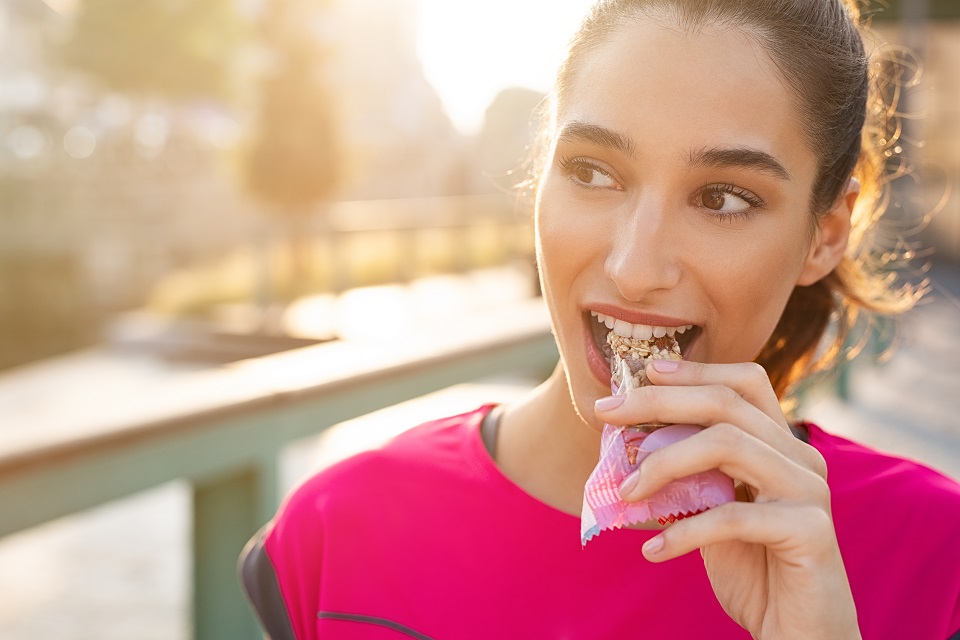
1. Protein bars
Yes, we already mentioned protein bars, but they still seem like a strange food to contain caffeine, right? Let’s see… if a bar is coffee flavored—such as the PROBAR Coffee Crunch Protein bar, which contains 55 milligrams of caffeine it comes as no surprise to read about its caffeine content.
This caffeine actually comes from a mixture of coffee, cocoa, and yerba mate extract and is about the amount of caffeine that’s in a shot of espresso. Other caffeinated protein bars may contain less caffeine, such as the Garden of Life Organic Fit Protein Bar.
However, what really happens when you eat a protein bar that isn’t coffee-flavored and you aren’t able to fall asleep? Where does all that energy come from? From the green coffee bean extract that is found in most protein bars!
This ingredient lands the bar at 4 milligrams caffeine, according to iHerb.com. While this isn’t a lot, it’s best to steer clear of protein bars at bedtime, notes Heidi Deboo Moretti, RDN, a registered dietitian nutritionist at Thyroid Nutrition Educators.



